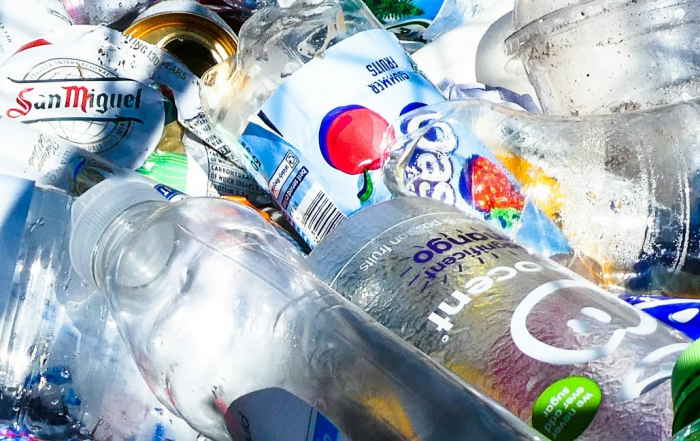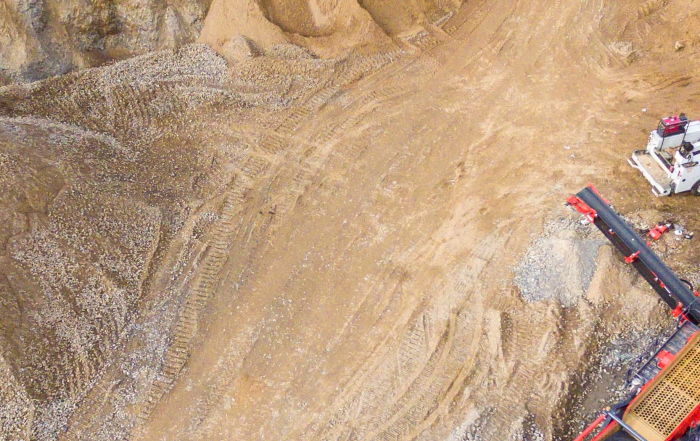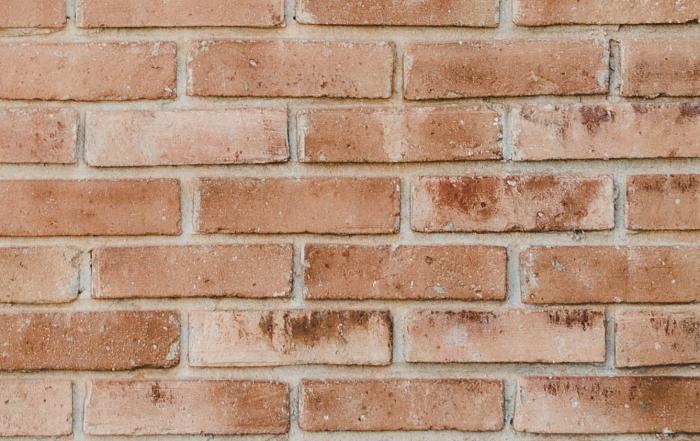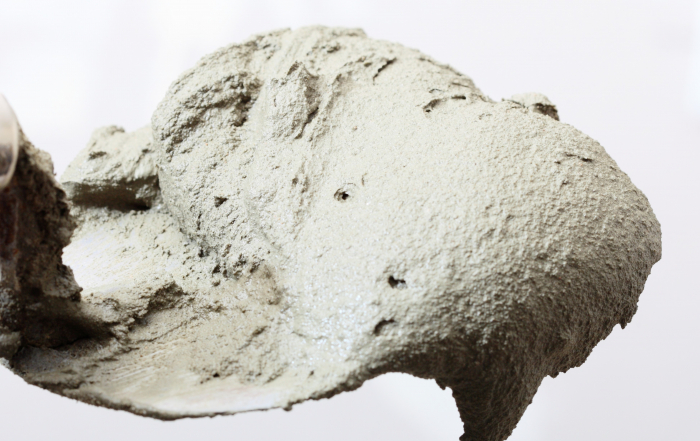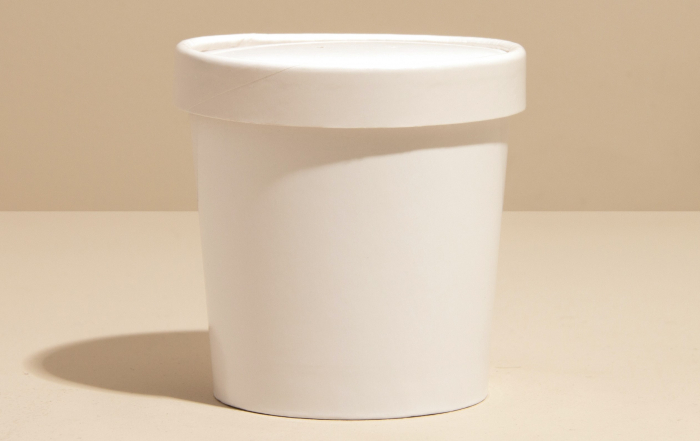Barriers and enablers to decarbonising UK manufacturing: views of technical experts and trade organisations
As part of TransFIRe, two groups of partners were interviewed: 12 TransFIRe technical academic leads and 7 representatives from trade organisations for representing chemicals (plastics), metals (steel and cast metals), glass, cement, paper and ceramics. [...]
New products from high-grade polymer particulate waste streams
TransFIRe researchers at Northumbria University have developed a method to convert waste polyethylene terephthalate (wPET) into an unsaturated polyester for use in protective coatings applications, thereby also lowering the demand of virgin petrochemical feedstocks typically required [...]
Discovering the hidden value of mineral waste
As part of TransFIRe, the British Geological Society (BGS) is working to gain a better understanding of the composition and production of mineral waste in the UK. This research aims to help refine the estimate [...]
Energy Benchmarking of Manufacturing Processes in Foundation Industries
As industry increasingly looks at ways to reduce their environmental impacts, manufacturing processes have come under greater scrutiny. The manufacturing sector accounts for 38% of global energy consumption and 25% of global CO2 emissions, much [...]
Model and simulation-based investigation on use of agriculture waste/byproduct in brick manufacturing
This case study utilises ThermoRecycliSt (Thermodynamic simulation-guided (waste/byproduct) materials Recycling Strategy) and other available models to conduct an exploratory investigation to manufacture eco-friendly light-weight bricks through the mixing of agriculture waste/byproduct with raw materials used for [...]
Potential for energy savings and carbon dioxide emissions reduction in the cement industry
TransFIRe researchers have undertaken a literature review to compare cement production practices, in terms of energy consumption and CO2 emissions, in order to identify approaches that are the least energy and emissions intensive. Cement production [...]
Sustainability Metrics – upcoming challenges for FIs
Over the past year, TransFIRe have been working alongside North Lincolnshire Council, in order to create a ten-month action plan to tackle the subject of sustainability performance. The action plan promotes guided peer-to-peer learning by [...]
Biobased coatings for paper packaging
Paper based packaging has seen an increase in use recently, driven by the increase in home deliveries and online shopping. As a renewable and biodegradable source of packaging it has a number of advantages over [...]
The Royal Mint’s Journey in Electronic Waste Management
TransFIRe researcher, Dr Masoud Ahmadinia, has recently finished a project working with The Royal Mint on their innovative initiative to extract precious metals from the circuit boards of electronic waste, such as laptops and mobile [...]


